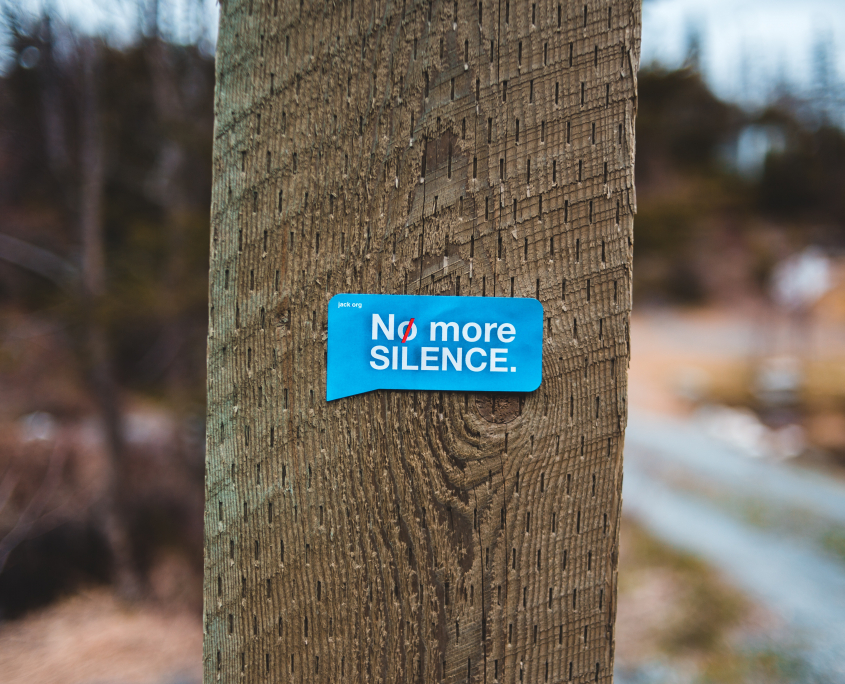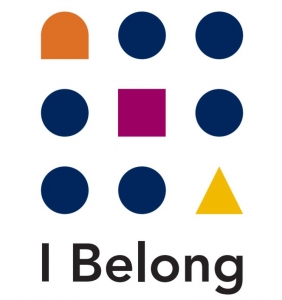By Pravini Baboeram (program manager/trainer at ECHO, Expertise Centre for Diversity Policy, and trainer for the #IBelong Team Teacher Reflection) and Halil Karaaslan (affiliated to ECHO)
1. When students engage in a heated discussion on a topic you’re not comfortable with – #blacklivesmatter
What do you do when an issue is being discussed in the classroom between students with different perspectives and experiences? How do you relate to this discussion and what does this mean for your role as a teacher? These as difficult questions to answer, let alone figure out a strategy to constructively manage this situation. What might be helpful is to start with a brief moment of self-reflection:
- What is my perspective on this issue?
- To what extent does this affect my views and perception of the students in question?
- Why does this make me so uncomfortable?
By recognizing your own framework of reference, possible bias and discomfort, you acknowledge how your personal views might interact with your professional role. A follow-up step can be to set your personal views aside and focus on your professional role as an educator. Questions you can pose yourself are:
- How do I turn this discussion into a teaching moment for all students?
- How do I ensure different perspectives are being heard, while maintaining a safe space for all students?
- How can I relate the discussion to course material that is relevant for their context as future professionals?
By turning the discussion into a teaching moment, you require your students to shift from an emotional conversation to a critical reflection in which you are the facilitator of this process.

2. When a student expresses discomfort with a topic you’re comfortable with – #metoo
Some topics are familiar territory for you, but might challenge the world views of your students. What do you do when a student is not at ease with a topic you raise and challenges you based on a world view you find problematic? Because in this case your student is very much engaged, but maybe not in the way you hope, it might be helpful to guide your student in a critical reflection, for instance by:
- Encouraging the student to reflect on how her/his perspective is related to her/his world view;
- Encouraging the student to research other perspectives and world views behind it;
- Challenging the student to think in practical situations, by relating ‘the other’ to people they might know and care for.
By acknowledging your student in their contribution, you keep them engaged, while challenging them to critically reflect on their own framework of reference.

3. When a student challenges you on a topic you’re uncomfortable with #decolonizethecurriculum
Sometimes students are well immersed in topics you are unfamiliar with. What can you do when students challenge you, and perhaps even your authority, because you are not yet educated on these topics? Even though you’re an educator, it doesn’t necessarily mean you are an expert. Of course you have knowledge to transfer, but so do your students. You can use this to engage in a collective learning process, for instance by:
- Encouraging your students to come up with specific ideas and suggestions you can use in the classroom;
- Engaging in a conversation with your students on how you can become more educated on these topics;
- Involving experts on these topics to contribute to your classes.
By acknowledging your own blind spots to your students and making an effort to address and explore those, your students are more inclined to take on a constructive approach in interacting with you, rather than a challenging approach.

4. When hot issues in society enter the classroom #jesuischarlie
Your institution may decide to respond to hot issues in society without giving you the opportunity to properly prepare, for instance by holding one minute of silence after an event considered traumatizing for society. What happens when some students refuse to participate in this gesture and they question why the institution doesn’t hold one minute of silence for other situations they also consider traumatizing for society, but aren’t included in moments of silence?
In a situation like this, it’s important to understand where this resistance is coming from. The questions they raise aren’t necessarily based on a lack of interest for this specific event, but on a frustration with the lack of attention for other events that are of importance to them. Often it helps to acknowledge their point of view, for instance by:
- Creating space to talk about this event and how it relates to the events they consider important;
- Allowing your students to express their emotions and share how it relates to their own daily experiences;
- Offering a follow-up session, in case the time doesn’t allow for an elaborate conversation, in an upcoming class dedicated to this specific conversation.
By allowing room for different perspectives in a situation that focuses on one specific perspective, you keep students engaged who might otherwise feel disconnected.

5. When you experience tensions within your team of colleagues on sensitive issues #implicitbias
Sometimes challenges occur not with your students, but within your team, for instance when a colleague expresses ideas you consider problematic in relation to diversity and inclusion. How do you maintain a good relationship with your colleagues while offering some critical reflections? Rather than giving feedback yourself, a useful approach might be to allow them to critically reflect on themselves, for instance by:
- Asking clarifying questions to make implicit ideas explicit;
- Repeating what you heard in your own words and checking if that’s indeed what they meant;
- Relating it to how they think their students might feel or perform if confronted with these ideas.
By functioning as a mirror your colleague is hopefully encouraged to examine how their ideas and behavior might affect the interaction with other colleagues and students.















